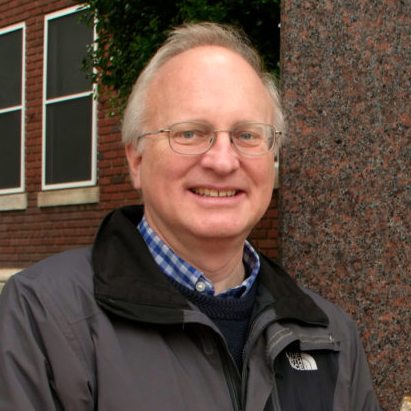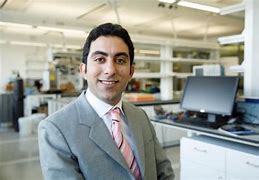On June 9, 2023, the GW Office of the Vice Provost for Research announced the award of a grant from the University’s Cross-Disciplinarity Research Fund to the SEAS-based Environmental and Energy Management Institute (EEMI). The grant funds the project entitled “Establishing a GW Research Platform for Promoting an Equitable and Sustainable Green Economy.” Professor Payman Dehghanian of the SEAS Department of Electrical and Computer Engineering will serve as the Principal Investigator for the project, along with Co-Principal Investigators Dr. Mukes Kapilashrami, EEMI Director of Operations; Dr. Jonathan Deason,, EEMI Director; and Dr. Robert Orttung, Research Professor, Elliott School of International Affairs. The award, in the amount of $37,501, will fund the project for the period July 1, 2023 through June 30, 2024.
 |
 |
 |
| Dr. Mukes Kapilashrami | Dr. Robert Orttung | Dr. Jonathan Deason |
The main purpose of the project is to integrate existing strands of research on GW’s Foggy Bottom campus in areas of energy research, including technical aspects of understanding the tradeoffs required to develop new technologies in terms of their environmental and social impacts, and how to promote diversity. The project will focus on the following core elements: (1) greening data centers in Northern Virginia, a home to the largest number of data centers in the U.S., (2) evolution of hydrogen as an energy source, (3) the equity-centered implementation of renewable energy technologies in Washington D.C., and (4) the influx of new green energy technologies in Northern Sweden and the tradeoffs between these developments and the traditional lifestyles of local Indigenous population.
Each of these four focal areas will emphasize the inclusion of underserved communities such that the project outcomes will ensure that adoption and implementation of environmentally sustainable practices and technologies help reduce the negative impacts on disadvantaged communities, who are often disproportionately affected by environmental pollutions.
It also will help the U.S. move towards a green economy that is crucial for the long-term sustainability of our planet and the well-being of its inhabitants. By transitioning to a green economy, we can mitigate the adverse effects of climate change, protect biodiversity, and promote a healthier and more livable environment for current and future generations. Additionally, it can create new job opportunities, promote innovation, and generate economic growth while reducing our dependence on non-renewable resources. The urgency of the global climate crisis requires immediate action, and transitioning to a green economy is a critical step in creating a more sustainable and equitable future.


